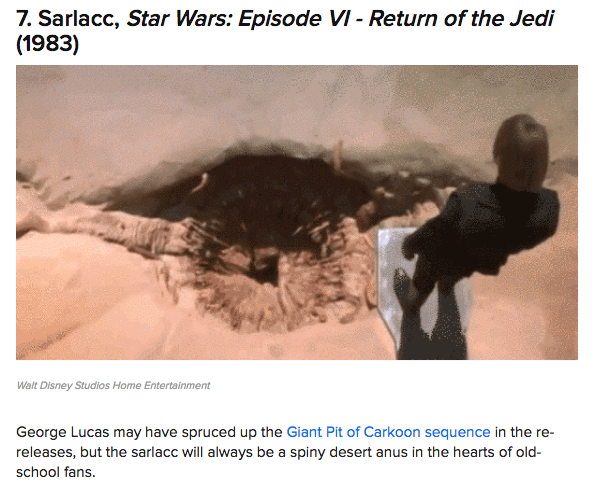We are not Spartans.
We are not Romans.
We are not Nazis.
We are not some military society who worships war and glorifies battle as some great heroic ideal and spawns generations of warriors. In America, mothers don’t tell their sons and husbands to come home with their shields or carried upon them. Or a least they damned well shouldn’t.
We are a free people, we are Americans. For us there should be nothing glorious about war.
We should honor the soldier, certainly, but we should honor the peacemakers to a far greater degree.
As I’ve said here and elsewhere more times than I can count: war is a dirty horrible business and make no mistake about it. War should be the last resort, when all else has failed and the very safety of liberty is endangered.
War is hell. War is violent and terrible and immoral. Certainly there may be acts of heroism and valor in war, but there are also endless acts of craven cowardice and ignorant stupidity and wanton violence and vicious cruelty – just as in any other human endeavor. War should always be a last resort, embarked upon only under the most dire of necessity and not some goddamned glorious spectacle.
We go to war because we have to, and for no other reason.
While it’s certainly true that, as Orwell and Churchill both said, the nation sleeps snug in its bed only because rough men stand ready to do violence on its behalf, to paint us all as generic “heroes” leaches the word of meaning and power and diminishes those acts that truly are heroic and worthy of great respect.
But it’s much, much worse than that.
To paint all veterans as heroes, superior above other citizens, worthy of worship and compulsory respect, gives lie to the equality of democracy and makes such status enviable.
***
[T]his national hero worship compels the dull-witted and the small and mean to join up for all the wrong reasons.
There is little worse in the ranks, and nothing worse – absolutely nothing – in the officer corps, than those who want to be heroes.
We’ve all encountered them, those of us who served. The commanders and the lieutenants and the majors who practice their Medal of Honor acceptance speech in front of the shaving mirror each morning, the one that begins, “Thank you Mr. President, I’m sorry all my men were killed, but I’m grateful to accept this award on their behalf…” We’ve all served under the senior NCO who dreamed of a Bronze Star and a Purple Heart and the tales of glory he would tell to the doe-eyed girls back home who would then coo over his manly scars and jump ready and eager into bed with a hero.
Those are the kind of people who get other soldiers killed.
They’re not there to defend the country, the oath means nothing to them, they crave only glory and the admiration of a grateful nation.
Worst of all, writ large, this idea makes war itself desirable, for only in such a crucible can heroism be forged.
And then war becomes the norm instead of the exception.
![Kelly Martin (Own work) [GFDL (http://www.gnu.org/licenses/fdl.html) or CC BY-SA 3.0 (http://creativecommons.org/licenses/by-sa/3.0/deed.en)], via Wikimedia Commons Kelly Martin (Own work) [GFDL (http://www.gnu.org/licenses/fdl.html) or CC BY-SA 3.0 (http://creativecommons.org/licenses/by-sa/3.0/deed.en)], via Wikimedia Commons](http://crypticphilosopher.com/wp-content/uploads/2015/01/800px-Illinois_Target_Store.jpg)




![Wes + Tony [CC BY-NC-ND 3.0 US (http://creativecommons.org/licenses/by-nc-nd/3.0/us/)], via AmazingSuperPowers Wes + Tony [CC BY-NC-ND 3.0 US (http://creativecommons.org/licenses/by-nc-nd/3.0/us/)], via AmazingSuperPowers](http://crypticphilosopher.com/wp-content/uploads/2015/01/2013-11-14-No-Smoking.png)


